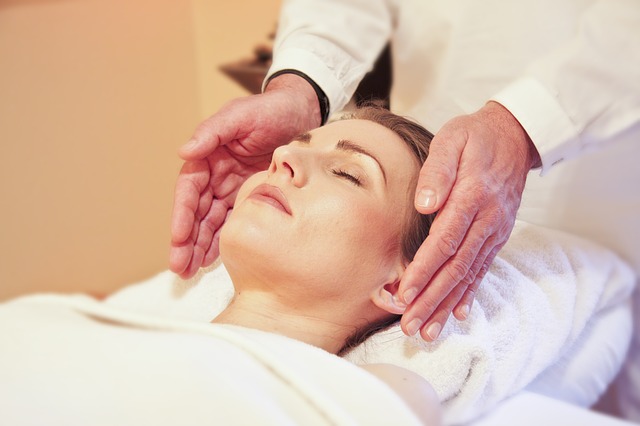Detoxification, inpatient and outpatient treatment programs can help patients overcome opiate addiction.
Types of Treatment for Opiate Addiction
The effects of addiction can take any number of forms, affecting different people in different ways. While opiate abuse tends to affect the body in certain distinct ways, a number of personal or individual factors influence how opiate addiction plays out in a person’s daily life.
For these reasons, the types of treatment for opiate addiction run the gamut in terms of the range of services and treatment settings available.
Opiate Addiction Treatment Objectives
With the overall goal of treatment being long-term abstinence, certain objectives or road markers must be met along the way. According to the National Institute on Drug Abuse, opiate abuse tears down the body and the mind, so treatment for opiate addiction covers a series of steps, each of which works to equip recovering addicts with the tools needed to maintain continued abstinence.
Call our helpline at 800-934-1582(Sponsored) to see if your insurance will help pay your rehab costs.
Types of Treatment for Opiate Addiction
Detoxification
Whether a person is at the beginning stages of addiction or has a long drug abuse history, detoxification treatment for opiate addiction marks the first stage of the recovery process. Detoxification means stopping drug use altogether so brain and body processes can resume normal functioning on their own.
Detoxification treatment entails round-the-clock monitoring and support to give a person the best chance of making it through this essential first stage. During this time, a person receives medication treatment and counseling services to help relieve some of the physical and emotional discomfort that results when drug use stops.
Inpatient/Residential

A severe opiate addiction requires inpatient or residential care.
Anyone coming off a severe addiction problem will likely require the type of intense treatment provided by inpatient and residential programs once he or she completes the detox stage. Long-term addictions can cause chronic medical conditions to develop along the way, such as diabetes and heart disease. Under these conditions, treatment for opiate addiction should provide the type of comprehensive medical care and addiction treatment provided by inpatient programs. Otherwise, residential programs focus specifically on treating the addiction problem.
According to Pennsylvania State University, both inpatient and residential programs operate as live-in facilities and pick up where detox leaves off in terms of addressing the psychological aftereffects of addiction. For both inpatient and residential programs, treatment for opiate addiction includes the following services:
- Intensive psychotherapy
- Drug education
- Support group participation
- Group therapy
- Relapse prevention skills training
- Other supplementary therapies
Outpatient
For the most part, outpatient-based treatment for opiate addiction employs the same interventions as residential programs without requiring a person to live at the facility for the duration of treatment. Outpatient programs offer considerably more flexibility in terms of allowing patients to schedule treatment around their existing schedules.
Someone at the early stages of addiction would be best suited for outpatient treatment, especially if he or she still has work and/or family obligations to meet. Ultimately, a good candidate for outpatient care can still function in daily life and has managed to maintain a certain degree of control over drug use.
Considerations
The types of treatment for opiate addiction offer a wide range of programs from which to choose; however, your overall treatment needs determine what type of program will work best for you. In other words, someone who’s lost his or her job or marriage as a result of opiate addiction should not even consider outpatient care as the likelihood of relapse and continued drug use is all but guaranteed.
If you or someone you know are considering treatment for opiate addiction and have more questions, or need help finding treatment that meets your needs, please feel free to call our toll-free helpline at 800-934-1582(Sponsored) to speak with one of our addictions specialists.
the Take-Away

